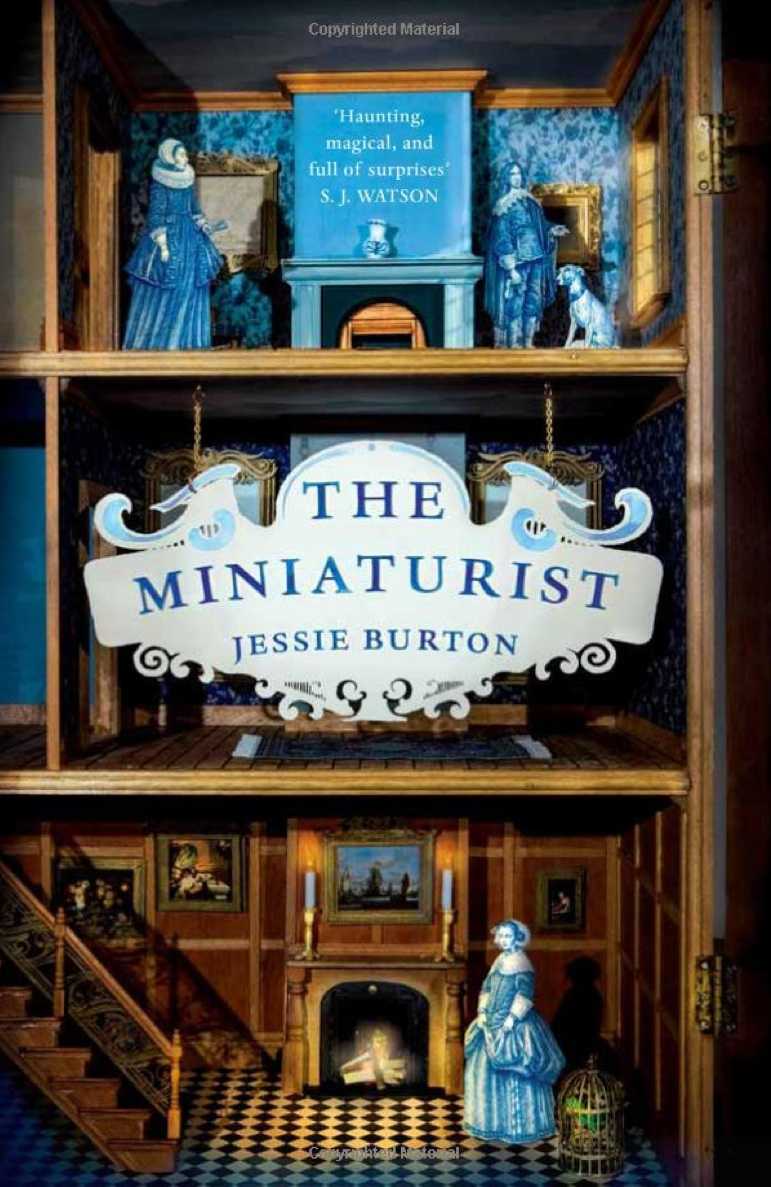
The story itself is set in 17th century Amsterdam as Nella, a newly married 18 year old, moves from the country to take up residence with her husband, wealthy merchant Yohannes Brandt, who she hasn’t seen since her wedding day a month earlier. However, when she arrives she’s eventually received by his sister Marin with a frosty air and she finds that her expectations of marital bliss are a long way away from the cold reality she’s left with.
It makes for a brilliant setting for drama and intrigue, with relatively few novels having been built around the same time and place. It’s added to by the almost instant realisation that the lives of the rich and adventurous household are clouded in hidden mystery and deception that slowly unfurls as the story progresses. It’s added to by the gift that Nella is given soon after arriving at the large house on Amsterdam’s golden bend, the most prestigious part of the Herengracht. Her distant husband buys her a miniature replica of their opulent home and soon afterwards Nella finds herself the recipient of new additions from the miniaturist artist responsible for the house, but when these start to mimic life a little too closely, the young newlywed starts to see her strange life in Amsterdam spilling over into a chaos she hadn’t expected in her wildest dreams.
However, the plausibility of the plot starts to unravel for us as wave after wave of drama is piled on top of the central twist, which meant we started to disconnect from the story and characters as the final acts started to play out their dark chords. It’s not inconceivable that everything could have happened, but it definitely starts to seem a little preposterous, especially when the miniaturist starts to turn prognosticator over and above her earlier social commentating provisions. The setup of the unconventional family’s troubles is also a little hard to believe on a number of levels, not least of all because they all come at once with unrelenting consequences. Seemingly, all of Yohannes’ wealth, power and influence flutters to nothing and they seem helpless as if from nowhere, despite the fact that he quite comfortably afforded the princely sum of three thousand gilders needed to buy the miniature house at the beginning of the book. It’s just too unfathomable to take in.
On a positive note, the characters are well constructed and richly presented, even if they do get a little over dramatised towards the end. The main problem is that sometimes the actions seem in stark contrast with their nature, so just as you start to buy into them you lose them at the turn of a page as they do something that seems completely illogical and out of character.
The Miniaturist is unquestionably a very well written book with a solid linear construction, evocative description and impressive detail, and that makes up for a lot of the negatives. However, it’s not enough to make it a must read in itself, which is a shame, because it could have had much more impact if it had stripped out some of the melodrama, wound itself tightly around the central theme and held off on some of the more fantastical elements. Things can change, but not quite that much in such a short amount of time.
Jessie Burton’s The Miniaturist review: 3/5


